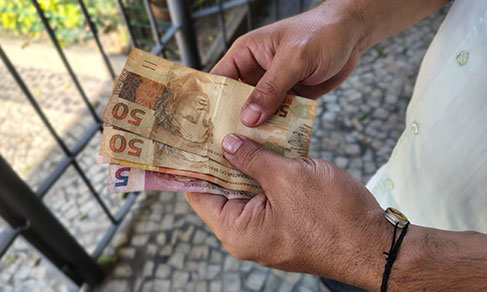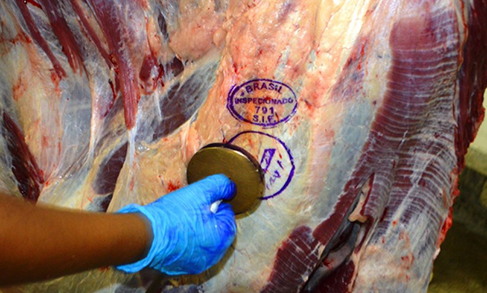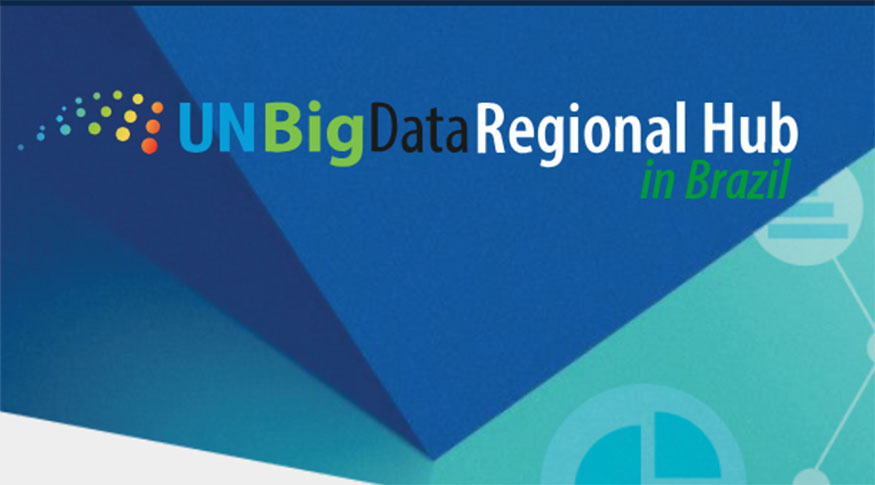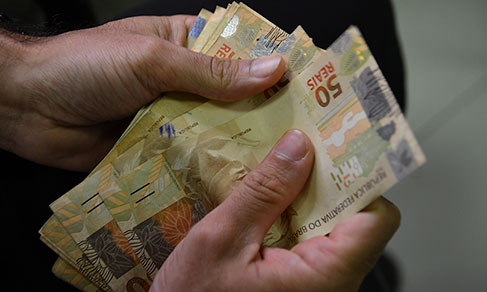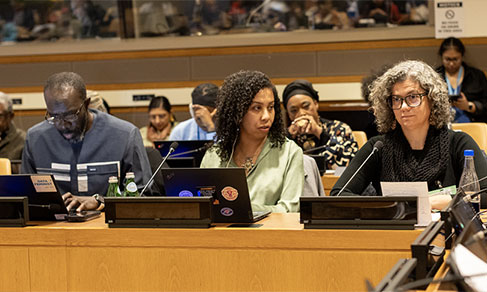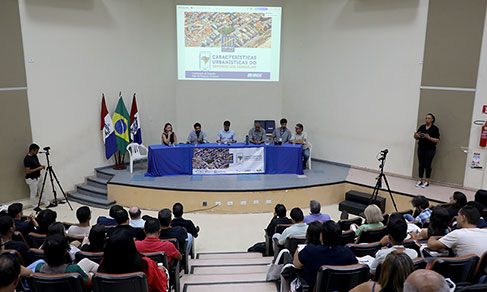Due to the novel coronavirus outbreak
IBGE will monitor Covid-19 cases and their impact on the labor market
April 02, 2020 04h30 PM | Last Updated: April 06, 2020 07h08 PM
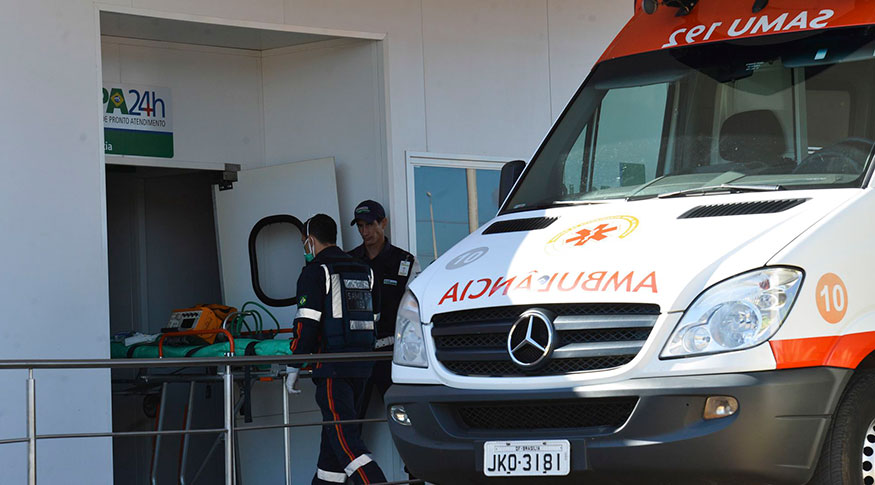
The IBGE and the Ministry of Health signed a partnership to implement an unprecedented version of the Continuous PNAD survey in order to monitor the incidence of Covid-19 cases in Brazil. With the new agreement, set up on an emergency basis, the IBGE will produce PNAD Covid, a survey aimed at identifying individuals with symptoms of the coronavirus, as well as pointing out the demand and supply of public health services. This information will support public policies of the Ministry of Health.
The survey will also collect information from the population related to labor and employment. “We will investigate if the person is in the workforce, or if they were driven out of the workforce because of the pandemic; later this figure will be related with the symptomatic people”, says the IBGE’s associate director of survey, Cimar Azevedo.
The IBGE will identify people who are at home office, the hours they are working, and map out as well as the informal labor market. The goal is to assess how this coronavirus pandemic changed the labor situation in Brazil. “It will be a very objective and detailed survey, showing the effects of the quarantine in the Brazilian labor market”, emphasizes Azevedo.
The data collection will be carried out remotely by telephone by IBGE interviewers in partnership with the Ministry of Health and the same individuals will be interviewed for at least three months, with a weekly release of the Covid-19 official statistics.
“The fast approach adopted by the IBGE in the Continuous PNAD will aim at individuals with symptoms of a flu-like illness, showing with accuracy the quantity and growth, or not, of the Covid case numbers in the Brazilian major cities. The IBGE’s support in this pandemic is important for the Ministry of Health to identify the real dimension of the coronavirus pandemic and to make decisions to guide the Unified Health System (SUS) and the Family Health Care teams, in order to reduce the pandemic effects in the individuals’ lives”, analyzes the secretary of Primary Health Care of the Ministry of Health, Erno Harzheim.
Mr. Azeredo emphasizes that the IBGE is facing this pandemic together with the Ministry of Health, and that the dates of the beginning of the collection and of the first release are yet to be defined. “The survey will show the Brazilians’ population percentage with Covid symptoms, whether they looked for health care and, in case they were hospitalized, what procedures were adopted. The idea is for the results to be weekly released. The IBGE understands that this procedure has to take place quickly and is making efforts to start this survey as soon as possible”, he declares.
Mr. Azevedo says that a short questionnaire will be applied to investigate whether the individual have any of the symptoms listed by the World Health Organization (WHO) as the most characteristic ones of the coronavirus – fever, dry cough, sore throat, shortness of breath. The IBGE’s deputy director claims that one of the goals is to identify the population’s behavior, keeping in mind that the current scenario is all very new and, as time goes by, more and more people we know will be affected by the disease.
“The questionnaire will also ask about cover which action the person took, if they looked for a medical facility, searching for medical care at UPA (Emergency Care Unit) or at SUS or at a private hospital. And, in case they did not go to any of those, what they did then: if they went to a pharmacy or were visited by a health professional”, adds Mr. Azevedo.
The IBGE can already count on the support of the National Telecommunications Agency (Anatel), in providing data for the survey. And it is contacting other telecommunication operators, so they can also participate in the project.
The PNAD Covid will be a longitudinal study that will represent the Brazilian population (covering the same individuals) with results from new cases of a flu-like illness in Brazil, Major Regions and Federation Units. A population sample will be selected to answer the survey by telephone. Thus, it is essential that the population provides IBGE interviewers with the proper answers.
“The main challenge of the whole process is to make the population answer the IBGE, they need to be aware of the importance of their help so that Brazil knows the actual prevalence of symptomatic individuals, as we go through this progression period of the disease. And the government must organize itself to design policies so that the population can receive the cash transfer; moreover, authorities can get to know how many people have lost their jobs and how many are able to do their work from their homes. Once receiving a call, people have to know that when they answer the survey, they will be exercising an act of citizenship”, claims Mr. Azevedo.
He highlights that the IBGE was chosen for its unique collection expertise. It is the national statistical institute of the country that gathers both the technical and physical structure to carry out a survey like this one. The IBGE has already been conducting several surveys for the Ministry of Health, such as the National Survey of Health, the National Survey of School Health and specific parts of the Continuous PNAD, in the area of primary care.
For Professor Luiz Felipe Pinto, of the Medical School of the Federal University of Rio de Janeiro (UFRJ), it is a groundbreaking initiative from a statistical institute. “The IBGE is anticipating itself providing reliable data by means of telephone survey with all the scientific accuracy of probabilistic sampling. The Institute is the only one that knows the Brazilian population in depth, which qualifies the IBGE to design a quick telephone questionnaire to collect data that will map the main symptoms in the Brazilian population and provide reliable statistics to support the government decisions”.




